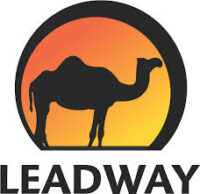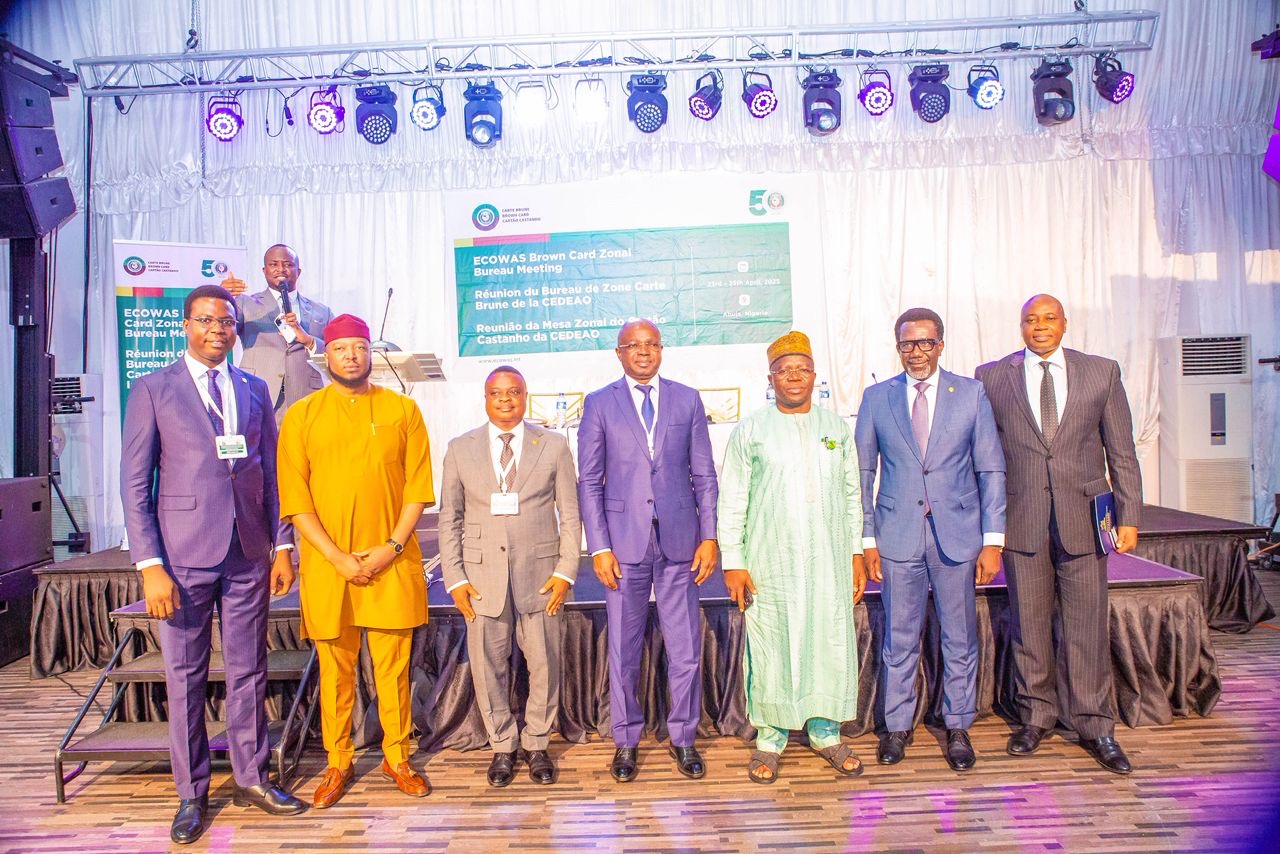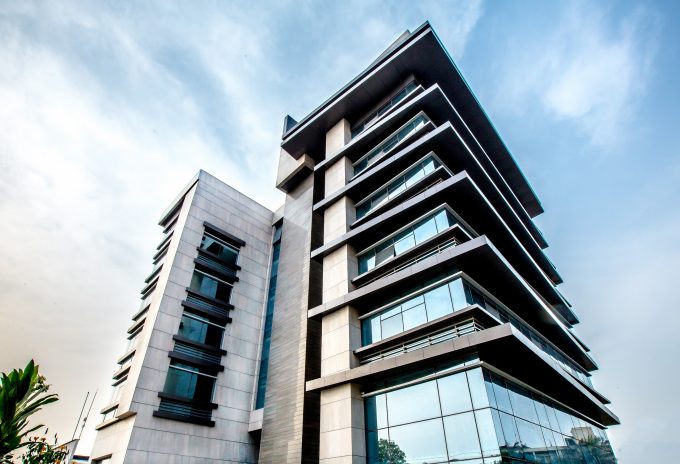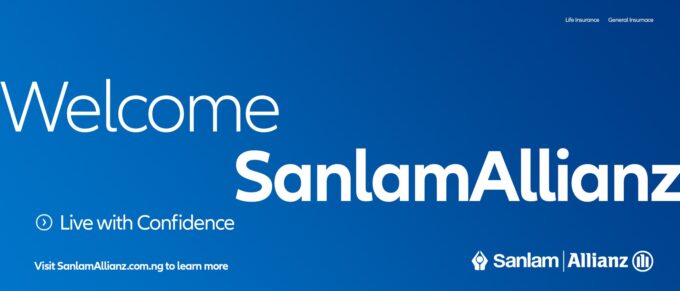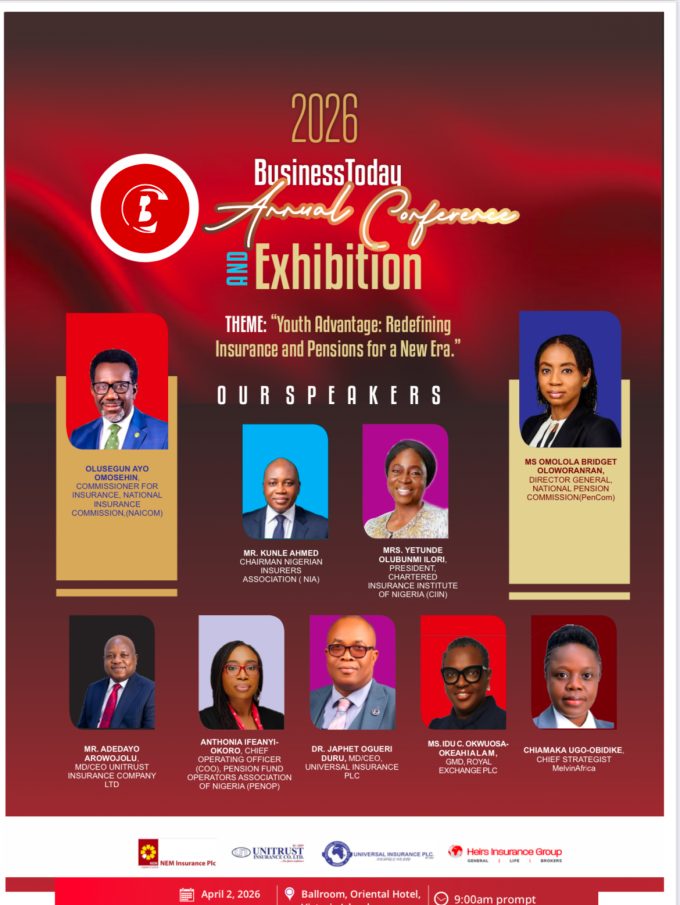The Nigerian National Bureau of the ECOWAS Brown Card Insurance Scheme recently hosted the first zonal meeting of the scheme in Abuja, Nigeria.
This is aimed to reposition the scheme as a forward-looking, regionally aligned, and digitally enabled mechanism that protects lives, supports integration, and underpins the ECOWAS vision.
The four-day event, which took place from April 23 to 26, 2025, brought together Executive Secretaries of National Bureaux, the Permanent General Secretariat, representatives from the ECOWAS Commission, regulatory authorities, and strategic partners from across the sub-region.
The meeting, with the theme, “50 Years of Sub-Regional Integration: Contribution of the ECOWAS Brown Card Insurance Scheme to the Mechanism of Free Movement of People, Goods and Services within the Sub-Region.” highlighted the scheme’s significant contribution to regional integration and mobility protection.
In an opening remark, the Chairman of the House Committee on Insurance and Actuarial Matters, Hon. Ahmadu Usman Jaha, represented by Hon. David Abel Fuoh, reaffirmed the Nigerian legislature’s commitment to supporting frameworks that ensure mobility protection and promote regional integration through insurance.
In his address, the Commissioner for Insurance in Nigeria, Mr. Olusegun Ayo Omosehin, commended the leadership of the scheme and called for increased compliance, transparent claims handling, and digital transformation across all National Bureaux.
Omosehin noted that the Ecowas Brown Card scheme has stood the test of time but must now be made more responsive, agile, and digitally enabled to meet modern-day mobility and insurance expectations.
The Chairman of the Nigerian National Bureau, Mr. Kunle Ahmed, reiterated Nigeria’s central role in shaping reforms and advancing the scheme’s visibility.
Ahmed stated that the Nigerian Bureau remains fully committed to delivering on its mandate to improve cross-border insurance coverage, particularly in its leadership of digitisation, governance alignment, and stakeholder partnerships.
“As we celebrate 50 years of the ECOWAS Brown Card, our responsibility is not only to preserve its legacy but to prepare it for the future—one driven by integration, innovation, and institutional trust that transcends borders,” he said.
Also, the Secretary General/CEO of the Nigerian National Bureau, Dr. Raphael Abiiba, stated that the meeting was a defining opportunity to consolidate achievements and steer the scheme toward a unified future.
“This zonal meeting is a milestone; offering us an avenue to look back with gratitude, confront current challenges with clarity, and embrace the future with a shared vision. “Regional protection must not just be promised—it must be felt and trusted by every road user,” he said.
A key highlight of the meeting was the comprehensive presentation on the Lagos–Abidjan Corridor Project, one of ECOWAS’ most ambitious infrastructure and integration initiatives.
Spanning across five countries, namely, Nigeria, Benin, Togo, Ghana, and Côte d’Ivoire, the project aims to enhance trade, transport, and mobility through a smart, borderless, and interconnected highway system.
For the ECOWAS brown card scheme, the corridor presents a game-changing opportunity to anchor insurance protection into the digital ecosystem of West Africa.
These include real-time verification of Brown Card certificates at borders, full integration with transport and customs platforms, automated data sharing between National bureaux and borderless claims initiation and monitoring.
Dr. Abiiba explained that the corridor is not just a transport infrastructure, but the nervous system of regional trade and mobility.
According to him, the ECOWAS brown card must be fully embedded within this system, serving as both a legal guarantee and a digital passport of protection for motorists.
The Secretary General said this integration also strengthens the scheme’s alignment with broader ECOWAS goals on free movement, regional integration, and economic development, making insurance not just a compliance tool, but a facilitator of trust and cross-border commerce.
Additionally, the Permanent General Secretariat announced the formation of new Technical Committees that will serve as cross-border think tanks and oversight mechanisms, focusing on data integration, claims assessment, digital interoperability, and training alignment across National Bureaux.
The Permanent Secretariat expressed appreciation to all National Bureaux for their contributions and reaffirmed its commitment to facilitating implementation and follow-through.
The Secretariat also expressed appreciation to all the National Bureaux for their contributions and reaffirmed its commitment to facilitating implementation and follow-through.
The National Bureaux presented their 2024 activity reports, providing detailed overviews of brown card issuances, claims settled, recoveries made, arbitration status, and 2025 forecasts. The format allowed for comparative learning, challenges identification, and solution sharing among countries.
Participants lauded the Nigerian National Bureau for being an excellent host, technical preparation, and institutional leadership.

